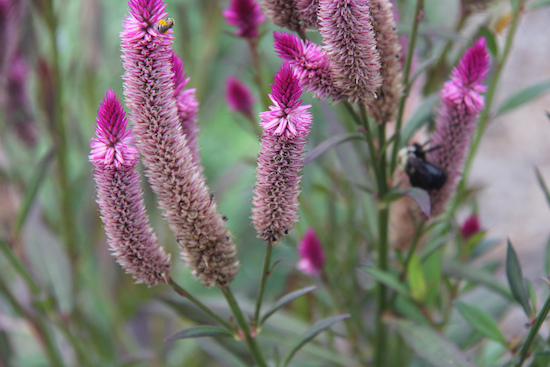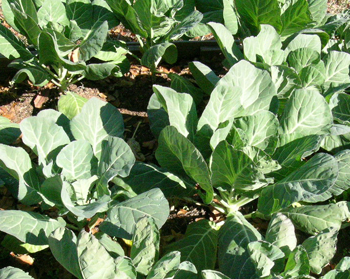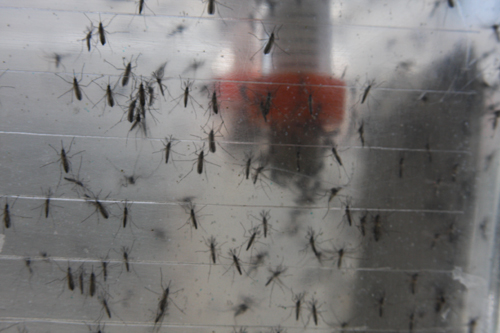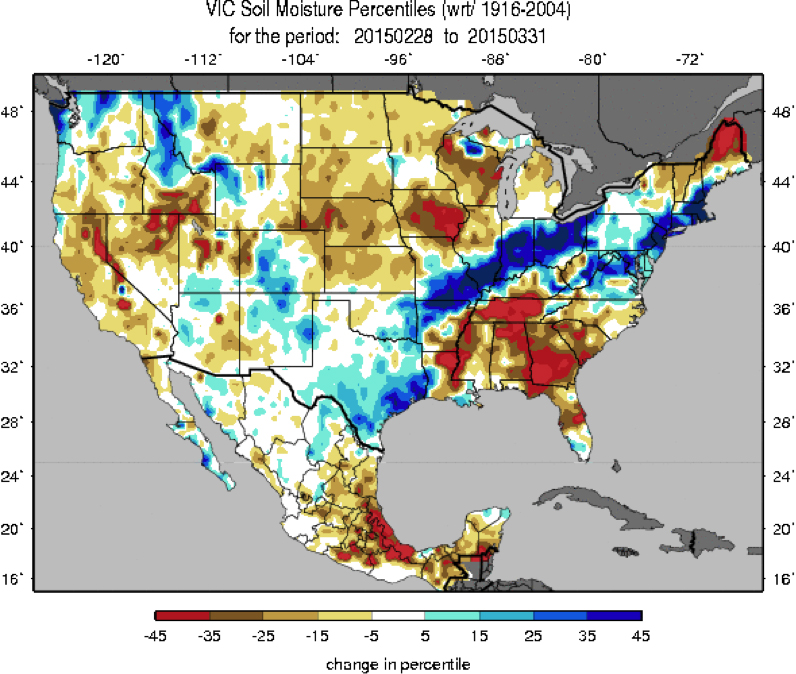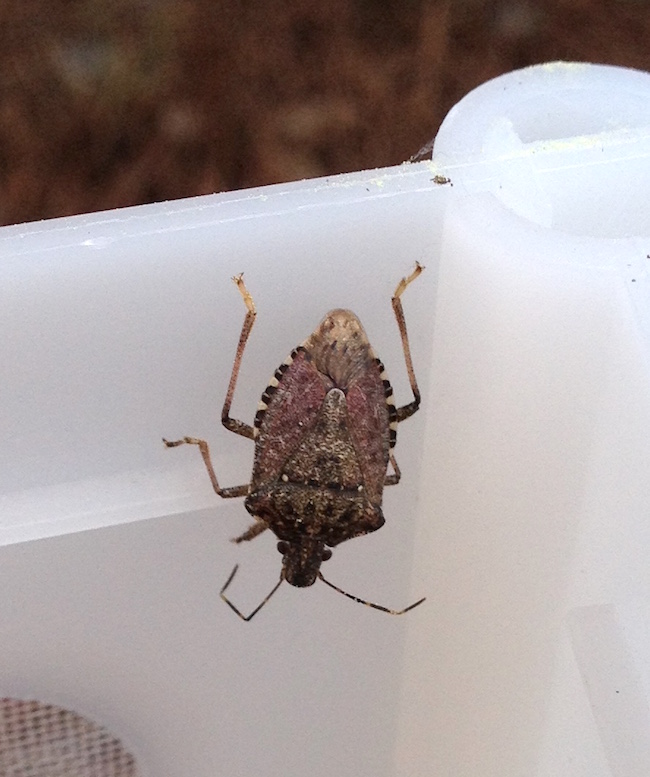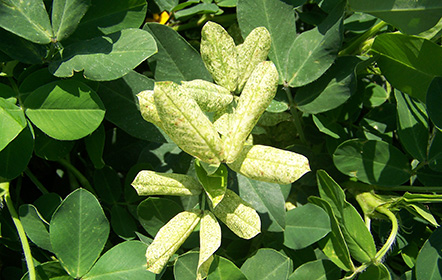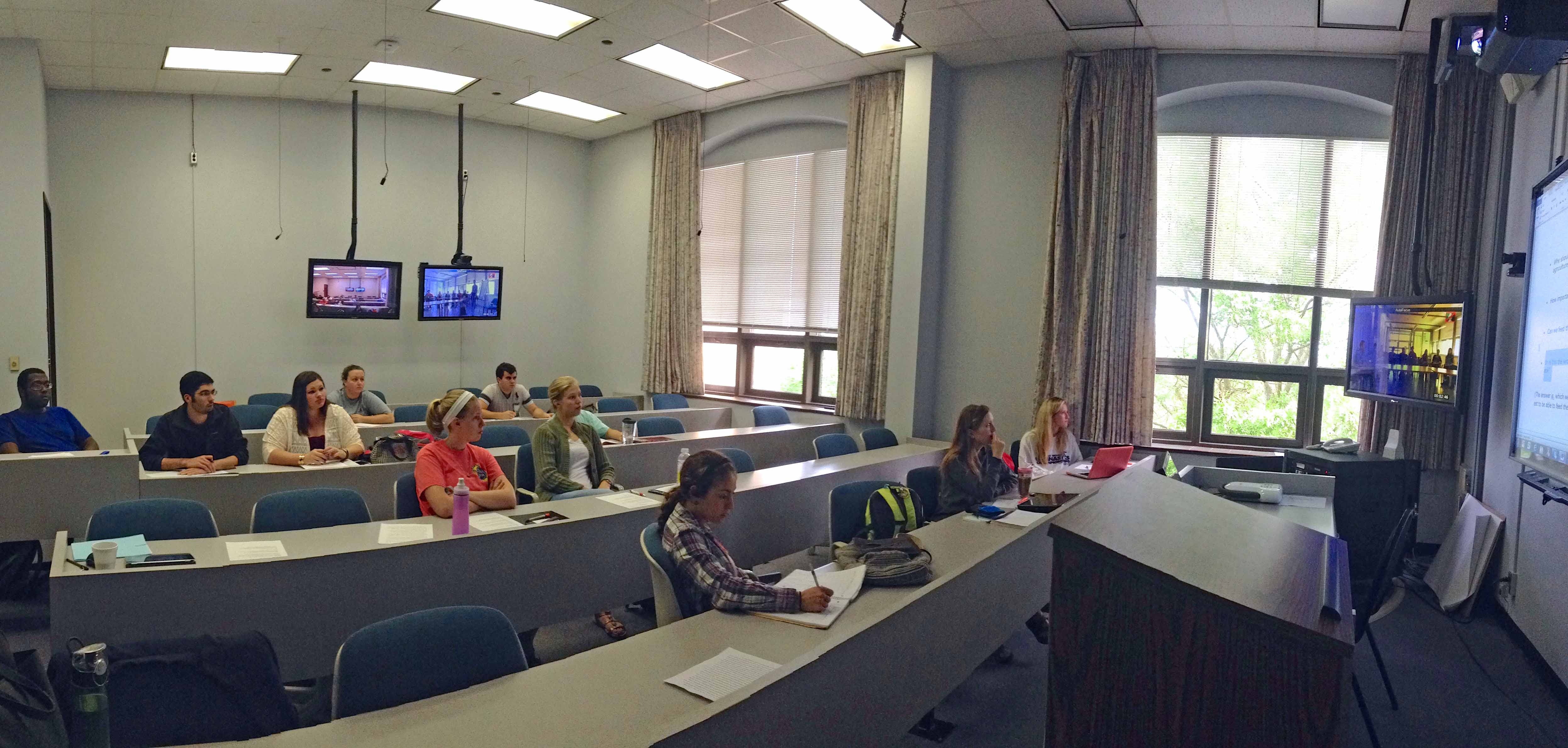 CAES News
CAES News
Global Perspectives
In agricultural circles, it seems few topics can ruffle more feathers or start more shouting matches than talk of genetically modified organisms (GMOs) or animal rights. These are just the types of discussion topics Professor Dennis Duncan, in the Department of Agricultural Leadership, Education and Communication (ALEC), encourages in his Global Seminar in Agricultural Leadership course each spring.

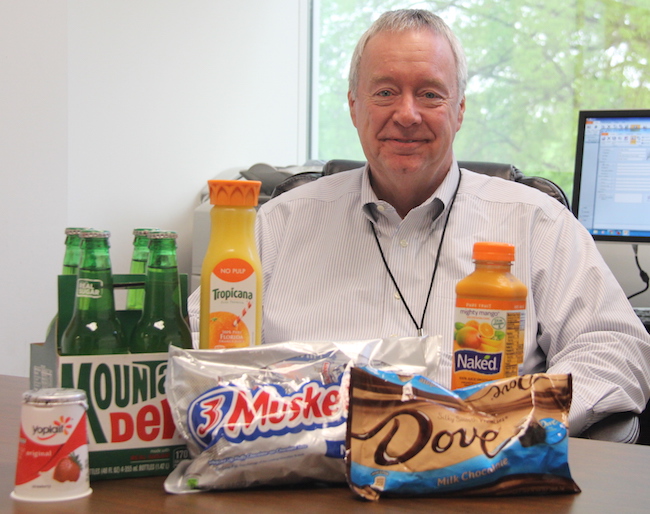
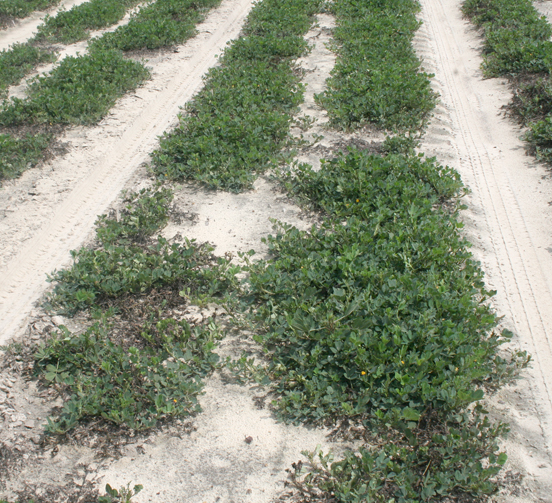
.jpg)
